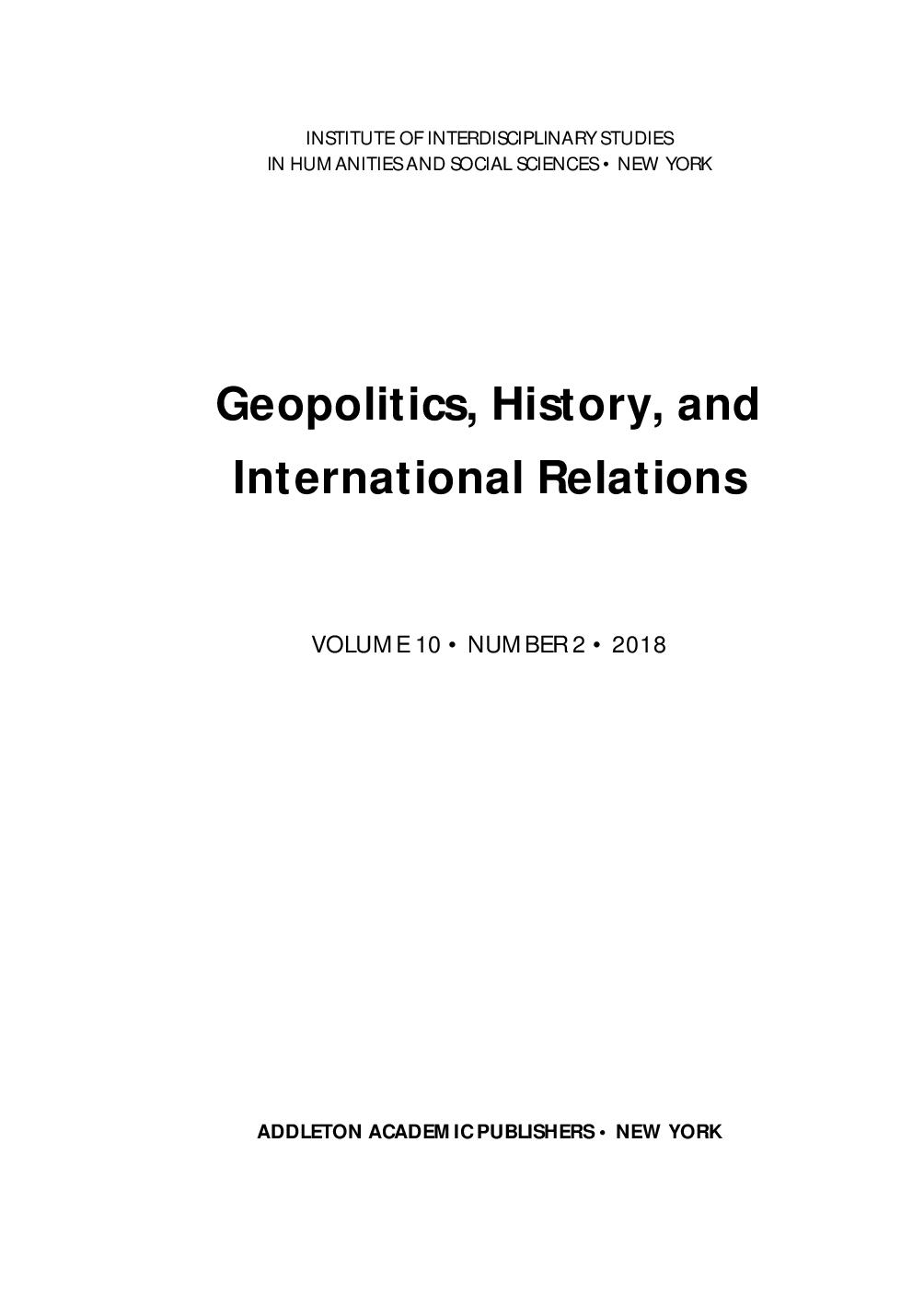COLLECTIVE MOVEMENTS, DIGITAL ACTIVISM, AND PROTEST EVENTS: THE EFFECTIVENESS OF SOCIAL MEDIA CONCERNING THE ORGANIZATION
OF LARGE-SCALE POLITICAL PARTICIPATION
COLLECTIVE MOVEMENTS, DIGITAL ACTIVISM, AND PROTEST EVENTS: THE EFFECTIVENESS OF SOCIAL MEDIA CONCERNING THE ORGANIZATION
OF LARGE-SCALE POLITICAL PARTICIPATION
Author(s): Malcolm Gray-HawkinsSubject(s): Media studies, Social Theory
Published by: Addleton Academic Publishers
Keywords: collective movement; digital activism; protest event; social media; politics;
Summary/Abstract: This article reviews recent literature concerning collective movements, digital activism, and protest events. Using data from AP-NORC Center and Pew Research Center, I performed analyses and made estimates regarding the percentage of social media users who say they have publicly expressed support for campaign on social media, contacted elected official, contributed money to campaign, attended political rally or event, attended local government meeting, and worked or volunteered for campaign; the percentage of teens who have volunteered for a cause they cared about, worked or cooperated with others to try to solve a problem affecting their school, city, or neighborhood, raised money for a cause they cared about, expressed their political beliefs online, signed a paper or online petition, and/or taken part in a peaceful protest, march, or demonstration; the percentage of U.S. adult social media users who say social media is at least somewhat important to them personally when it comes to finding others who share views about important topics/getting involved with political or social issues/giving them a venue to express their political opinions; the percentage of U.S. adults who say they changed their views on a political or social issue because of something they saw on social media in the past year; and regional median saying it is very important that people can say what they want/media can report the news/people can use the internet in their country. Empirical and secondary data are used to support the claim that protest organizers may employ social media platforms to supply decisive logistical backing for participants.
Journal: Geopolitics, History, and International Relations
- Issue Year: 10/2018
- Issue No: 2
- Page Range: 64-69
- Page Count: 6
- Language: English
- Content File-PDF

